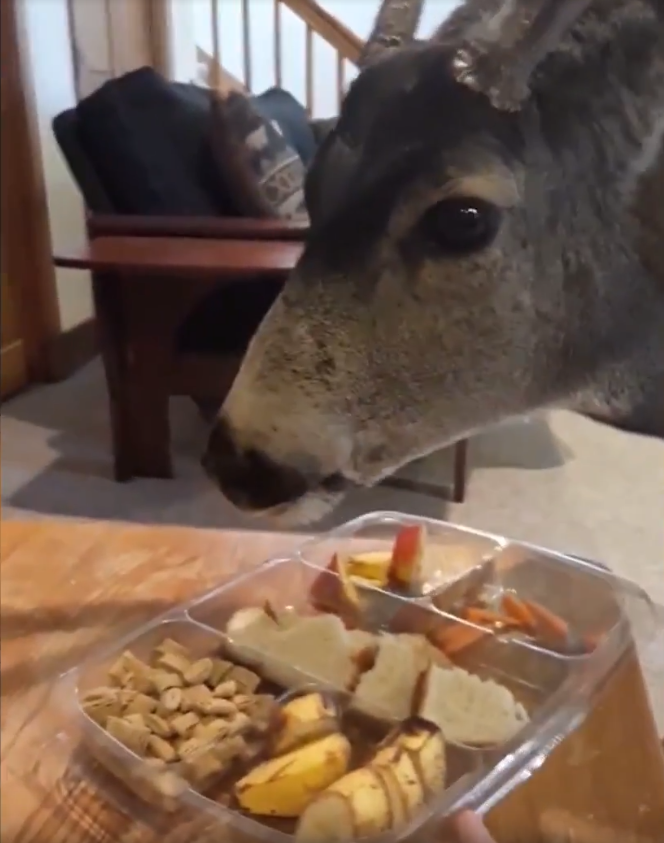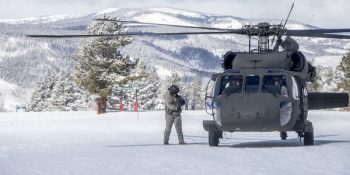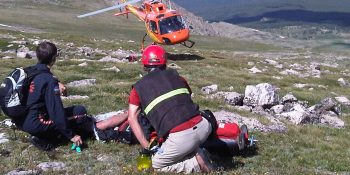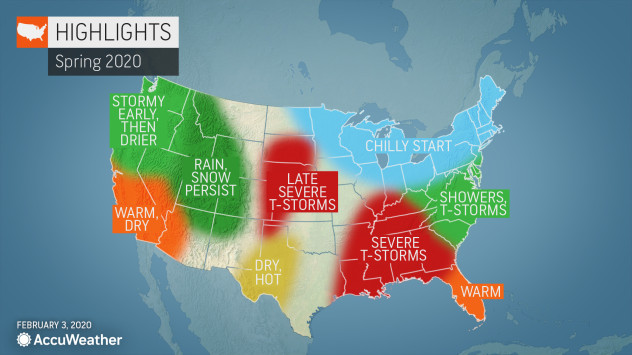DENVER – Colorado Parks and Wildlife reminds citizens that big-game wildlife does not need our help to get through a winter and that feeding them is not only illegal, but does more harm than good.
The annual reminder holds true across the entire state, but this one is being issued after egregious incidences have been discovered by wildlife officers in Jefferson and Park Counties.
One incident occurred in the Burland Ranchettes Subdivision of Bailey where a homeowner was feeding deer in his yard and the deer would rush towards the resident from surrounding properties when he was outside. A second act was by an Evergreen resident who was luring deer into her home where she would feed them human food that you can see in the photo blow.

Wildlife officers contacted both parties and charges were filed. Violations for feeding big-game wildlife can result in a $100 fine per occasion of feeding, plus mandatory surcharges.
“It is selfish and unethical to feed big-game,” said Area Wildlife Manager Mark Lamb. “You are going to end up unintentionally killing those animals and also putting yourself in harm’s way. If what you want is a pet or just to connect with an animal, choose a domestic breed that has evolved to live with people.”
Wild deer are meant to be out in the wild, they are not meant to be pets. Feeding them leads to trouble for both wildlife and humans alike.
Attracting deer to your property by providing food for them causes animals to congregate in one area. It disrupts their natural migration patterns, can lead to resident herds that degrade habitats, enables the spread of diseases like Chronic Wasting Disease and also attracts predators.
“If you are training deer to come and stay in your backyard, you are asking mountain lions to be in your neighborhood as well,” Lamb said.
Feeding issues involving big-game are a common problem seen across Evergreen, Conifer and Bailey where wildlife officers contacted a dozen individuals for feeding big game back in January.
Not only does the feeding of big-game animals change their natural migration, but it disrupts their digestive systems. Big-game animals can die if fed the wrong food.
“Whether you believe feeding is correct or not, it is against the law,” said Wildlife Officer Scott Murdoch.
“I commonly find that mountain residents believe feeding deer and elk is a helpful and harmless act, but doing so habituates these animals to people in ways that completely alter the natural distribution of elk and deer and disrupts their natural wild behavior,” said Wildlife Officer Joe Nicholson. “Turning your yard into a virtual zoo by feeding deer and elk is not safe for people, not healthy for wildlife and is truly a selfish act. The proper way to enjoy viewing wildlife is to do so from a safe distance and without artificially introducing feed, salt, or other attractants that alter their natural use of the landscape and aversion to people.”
To learn more about the dangers of feeding wildlife, please see the links below from the informational video series on not feeding wildlife:
Wildlife in Winter: Winter Ranges
Wildlife in Winter: Finding Enough Food
Feeding Wildlife: Harmful Not Helpful
SPREAD THE NEWS
COMMENT, Like, Follow & SHARE @I70Scout
CURRENT EDITION
WEATHER & TRAFFIC PUZZLES RECENT NEWS ADVERTISE WITH US









